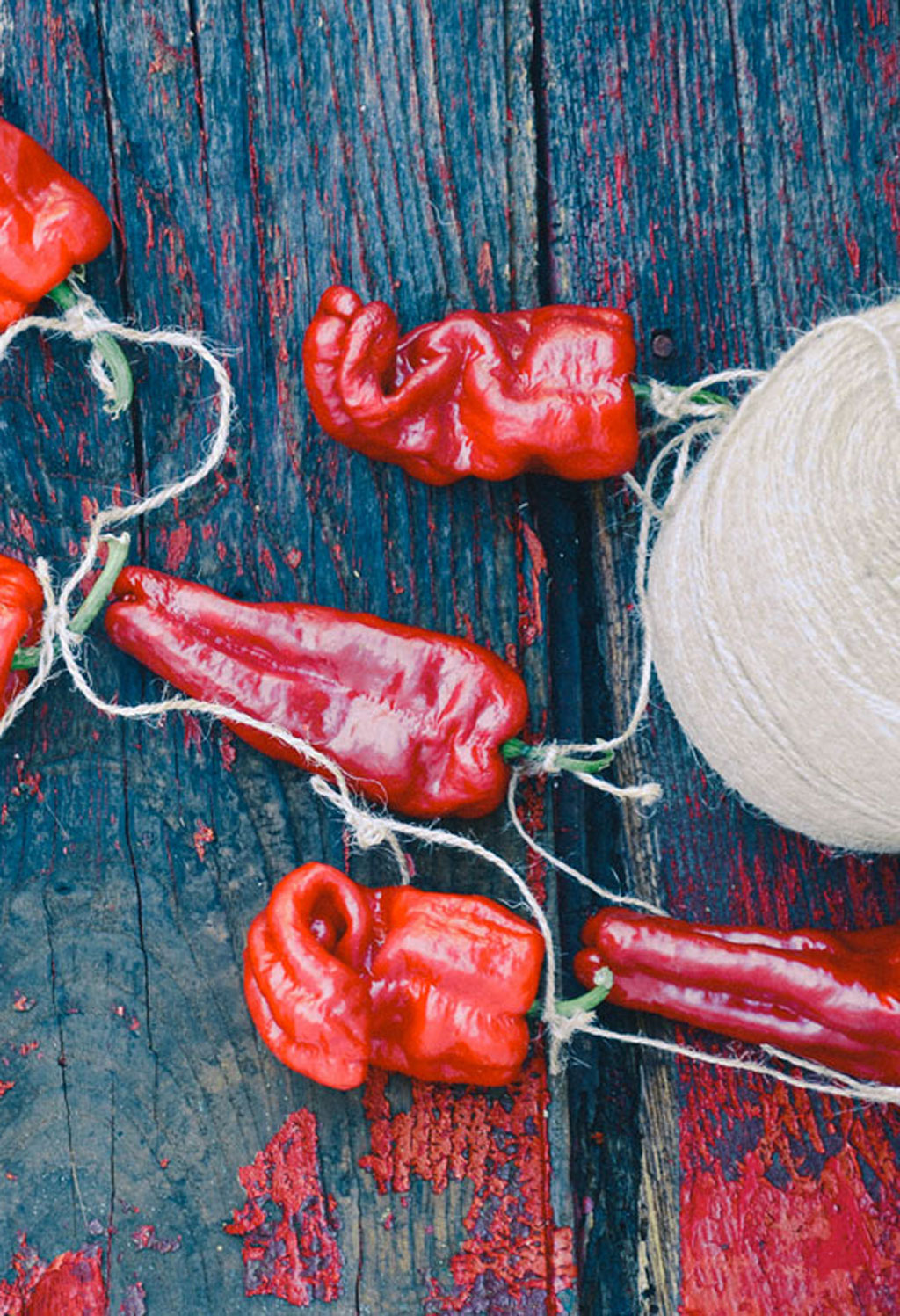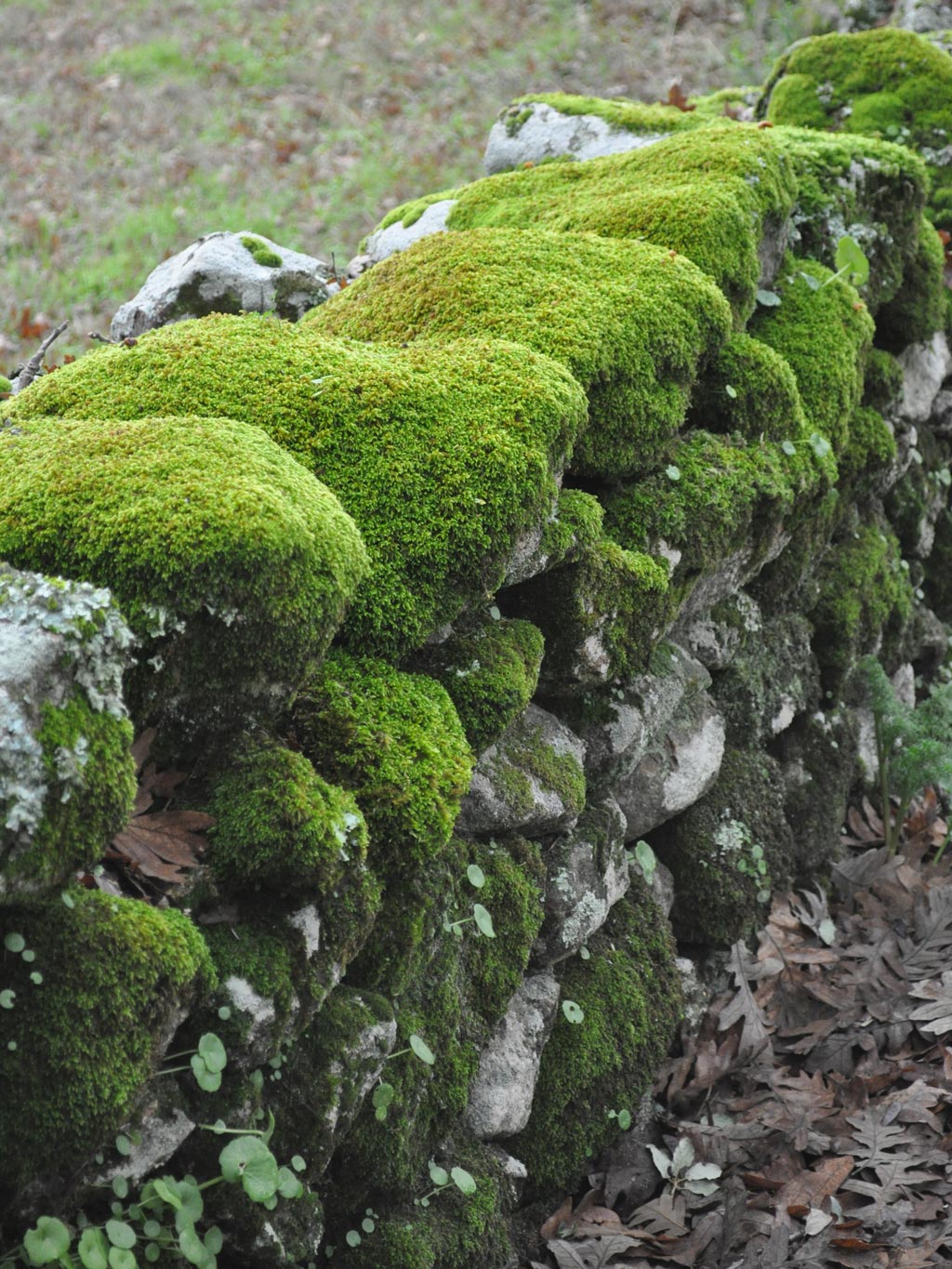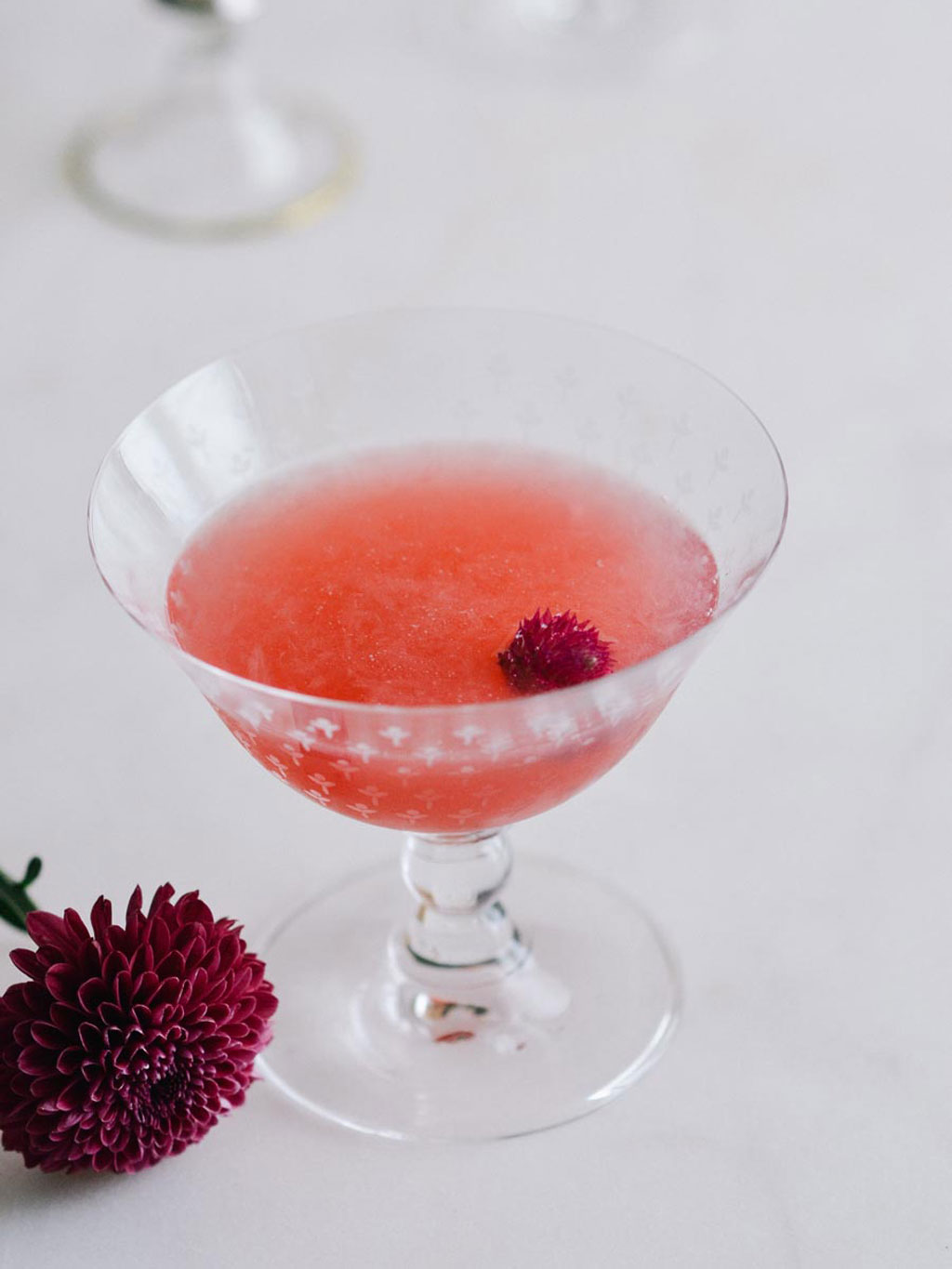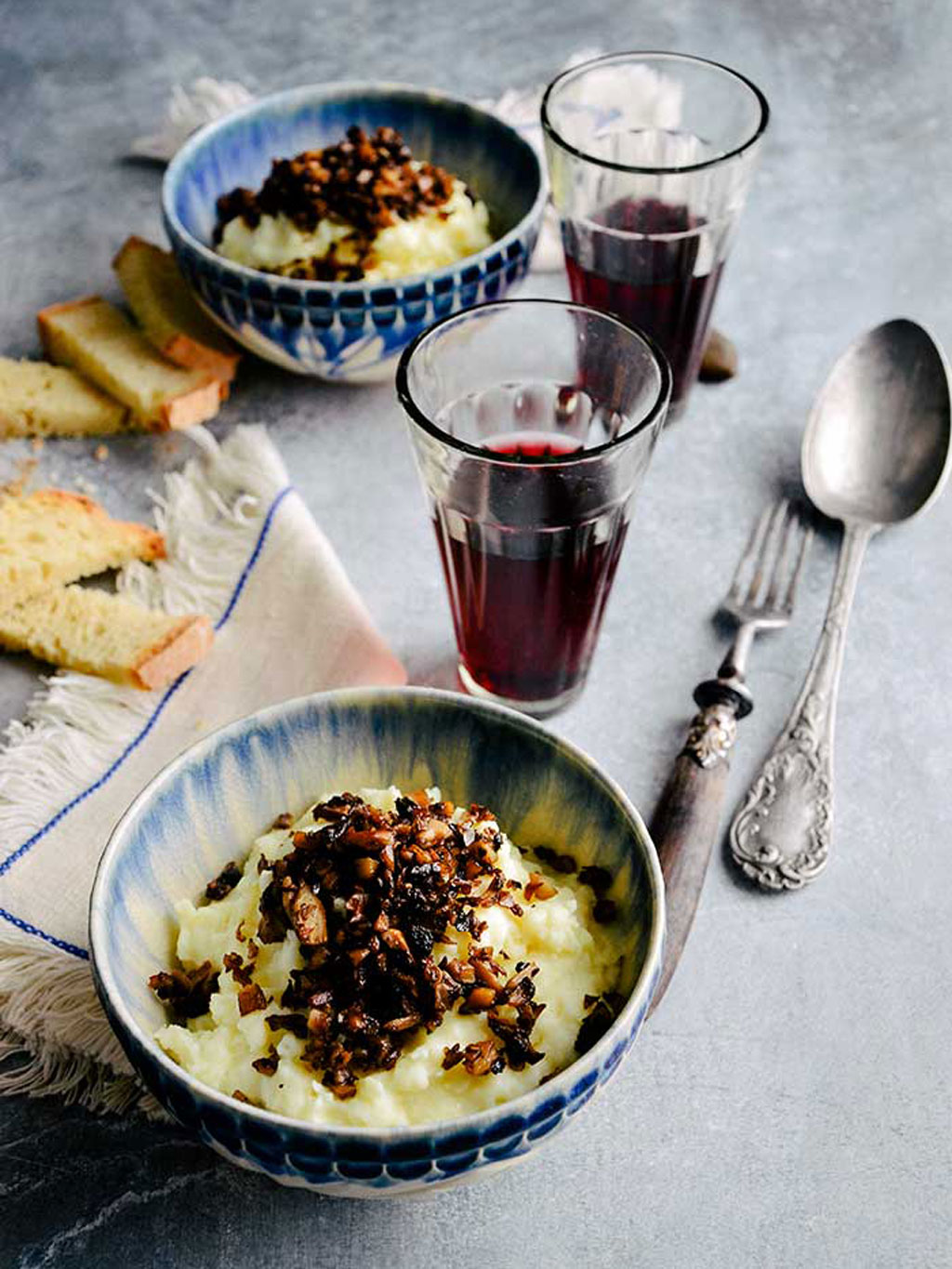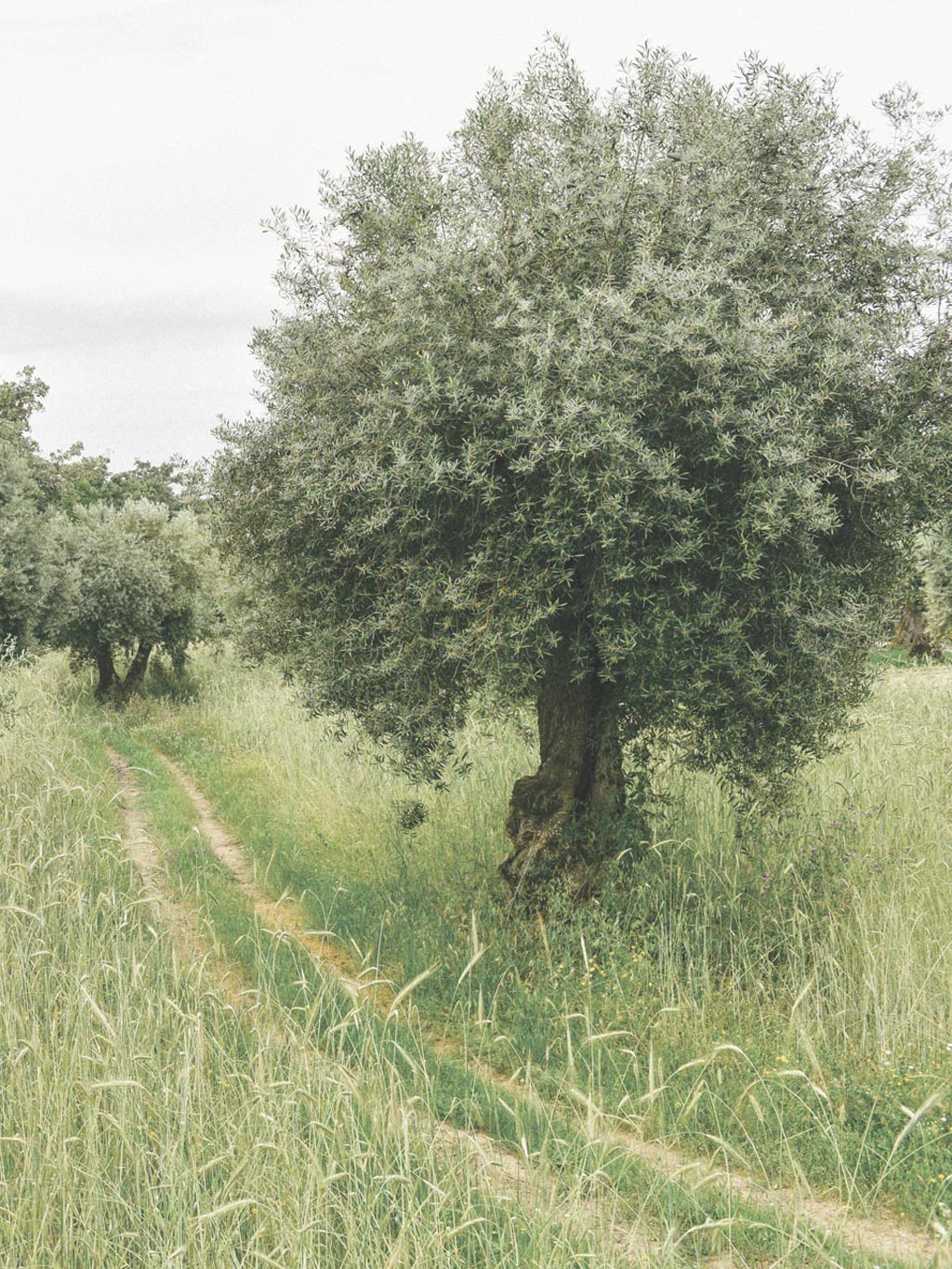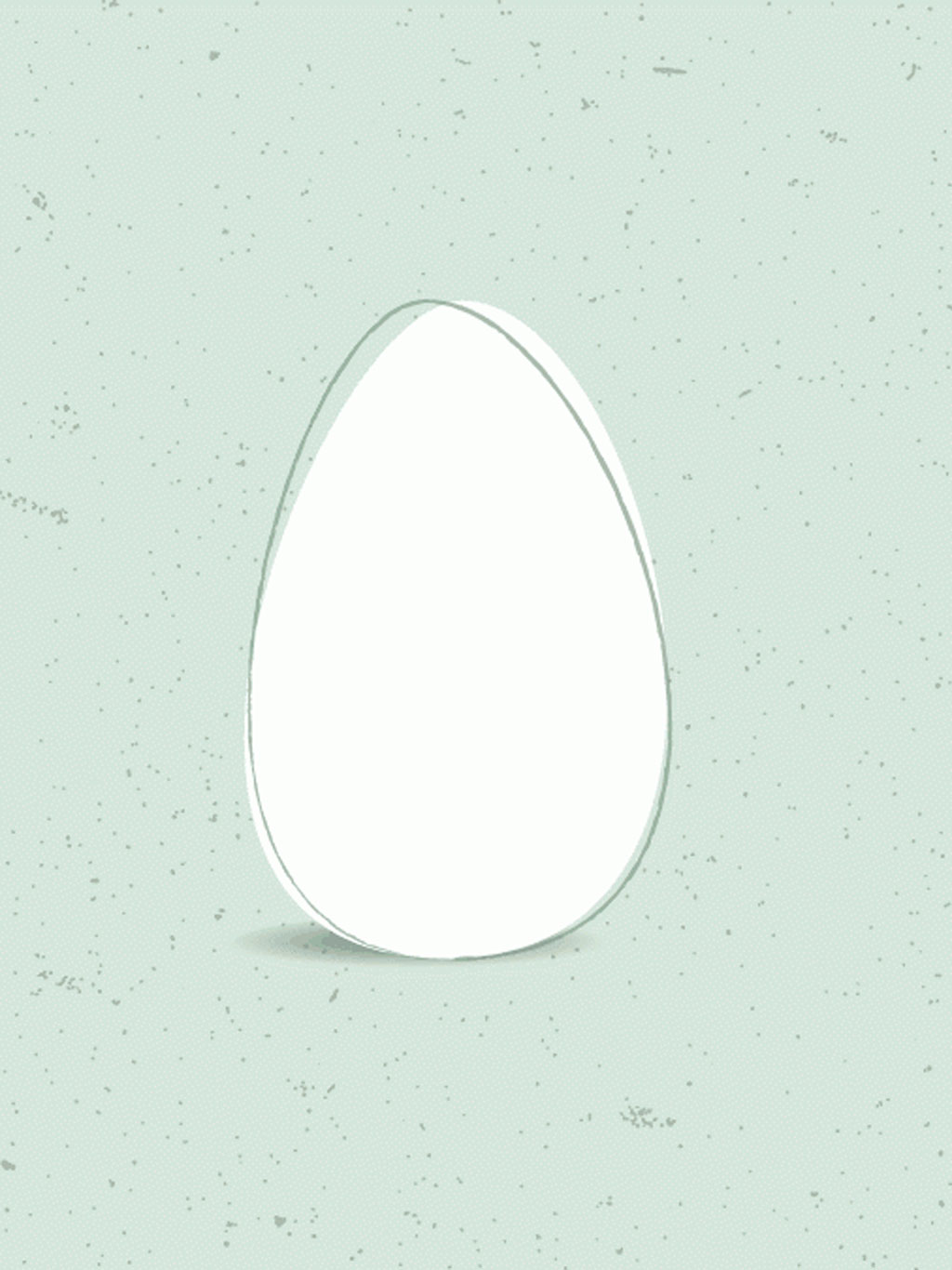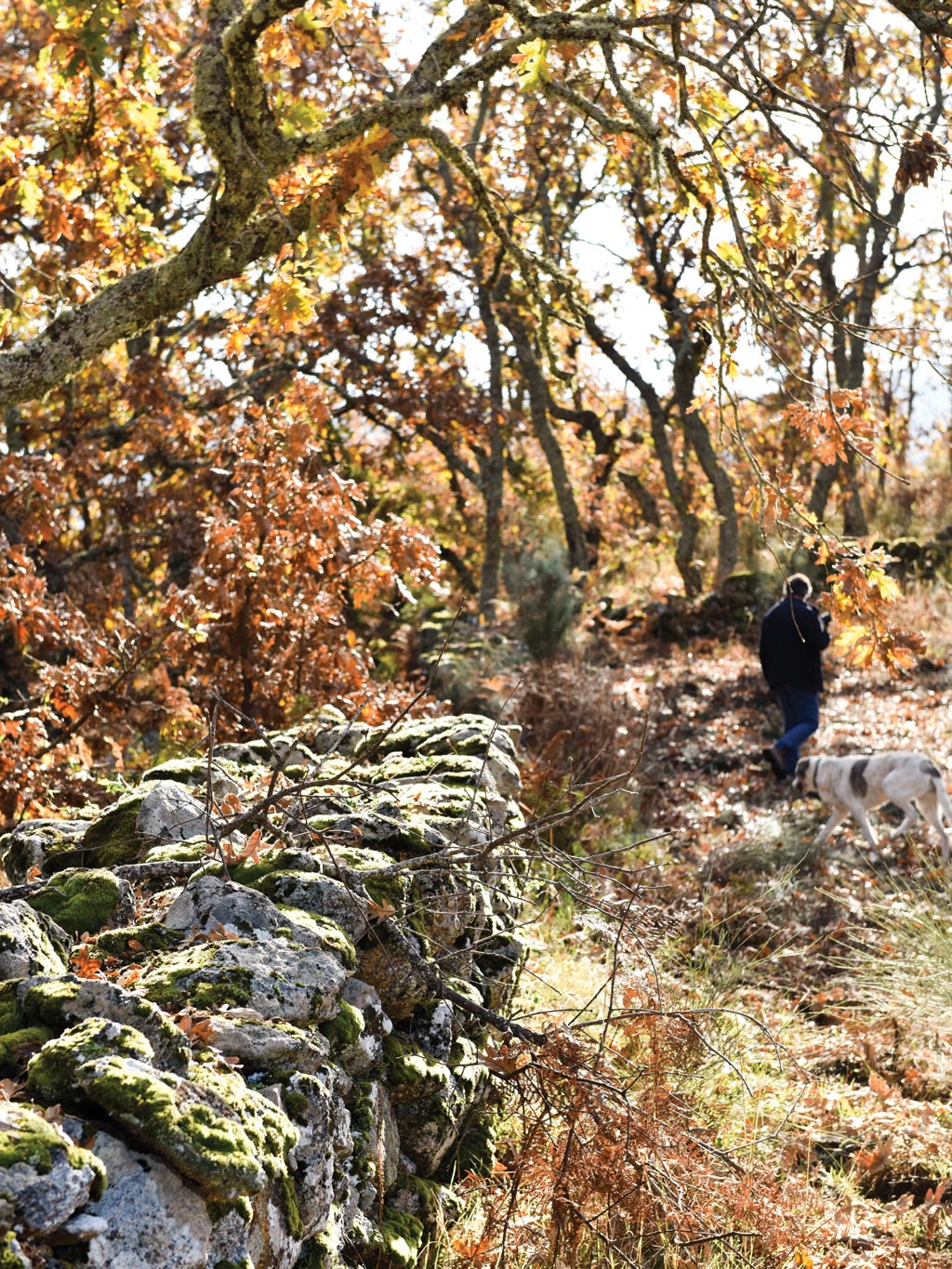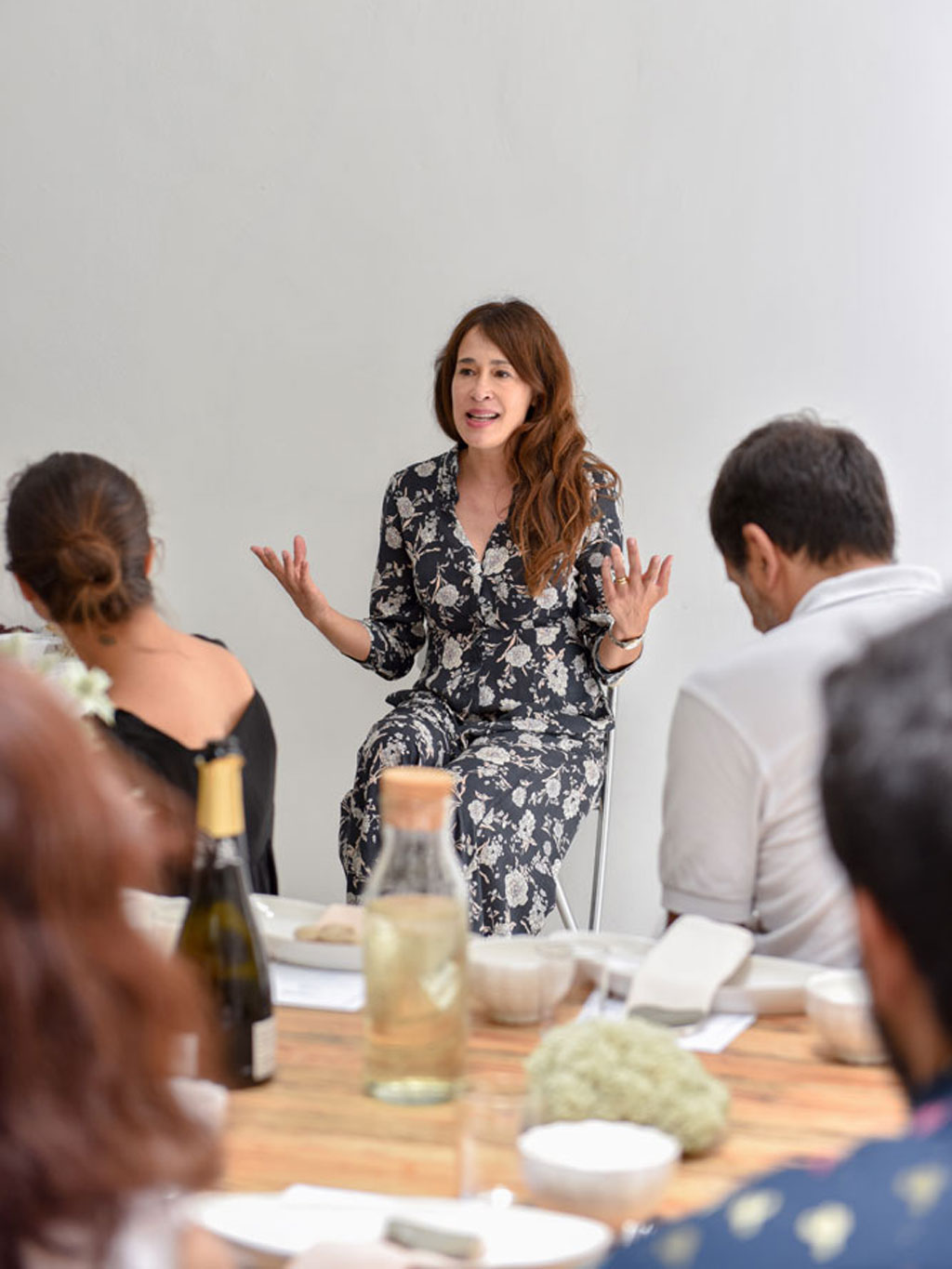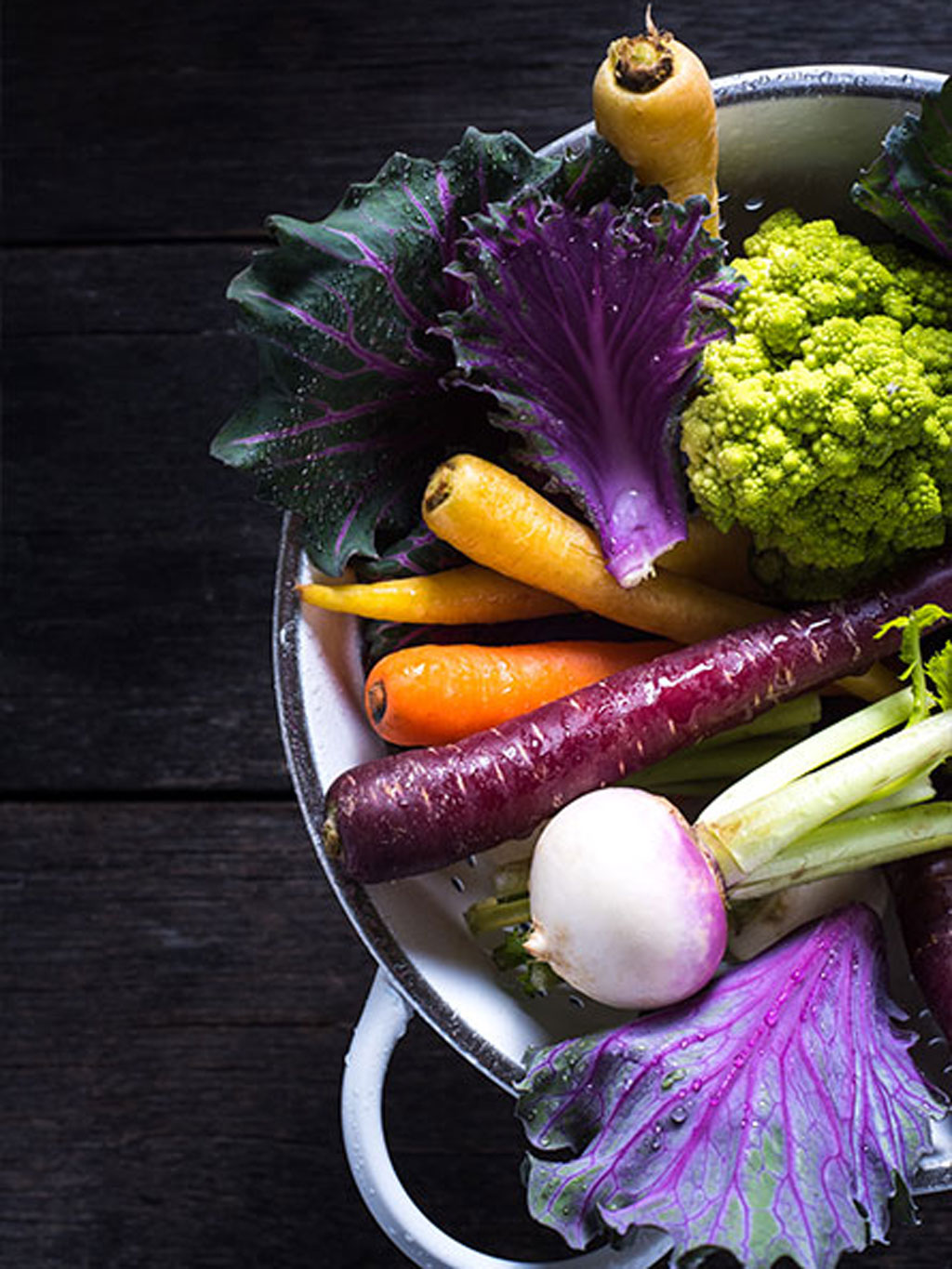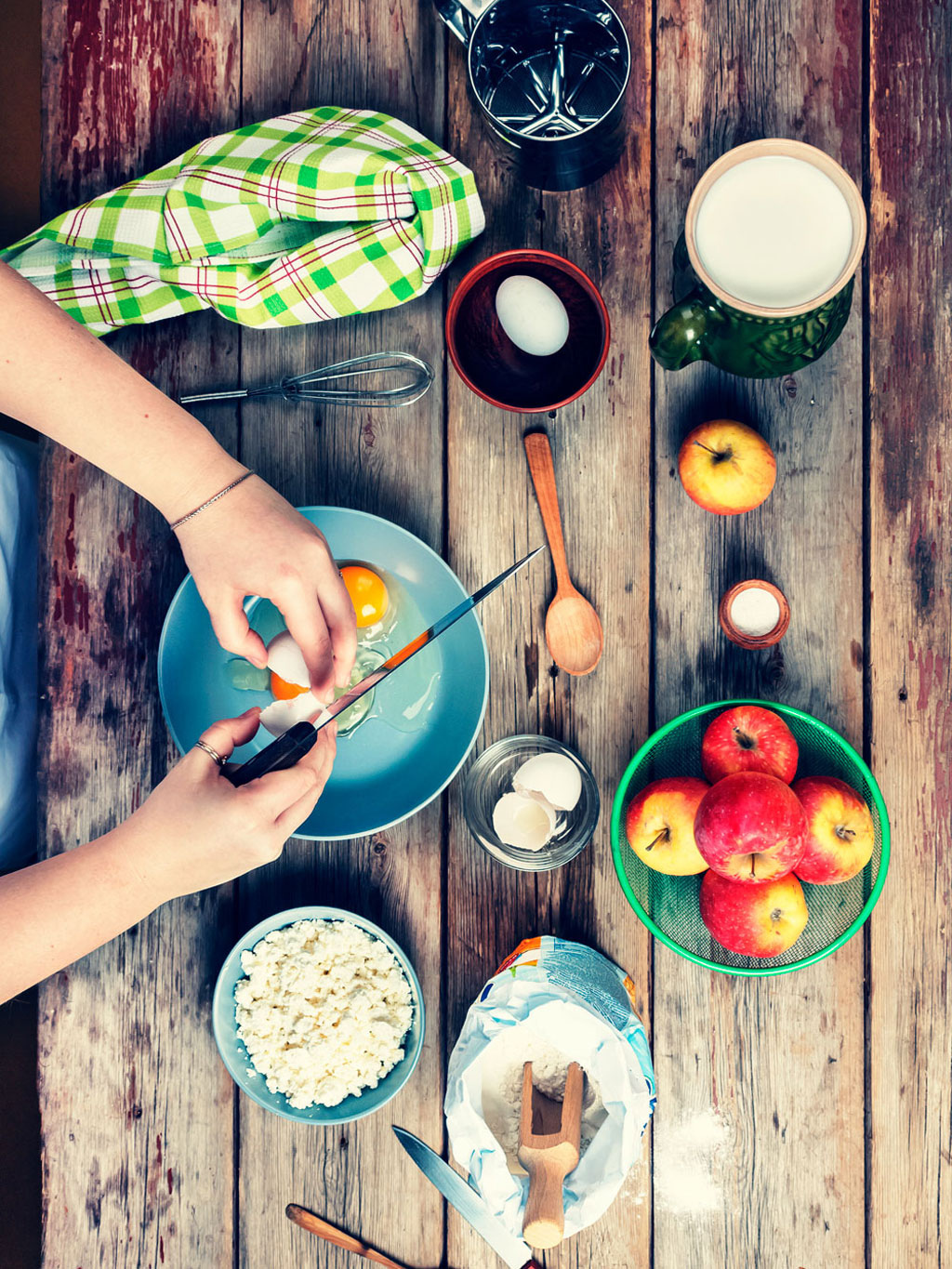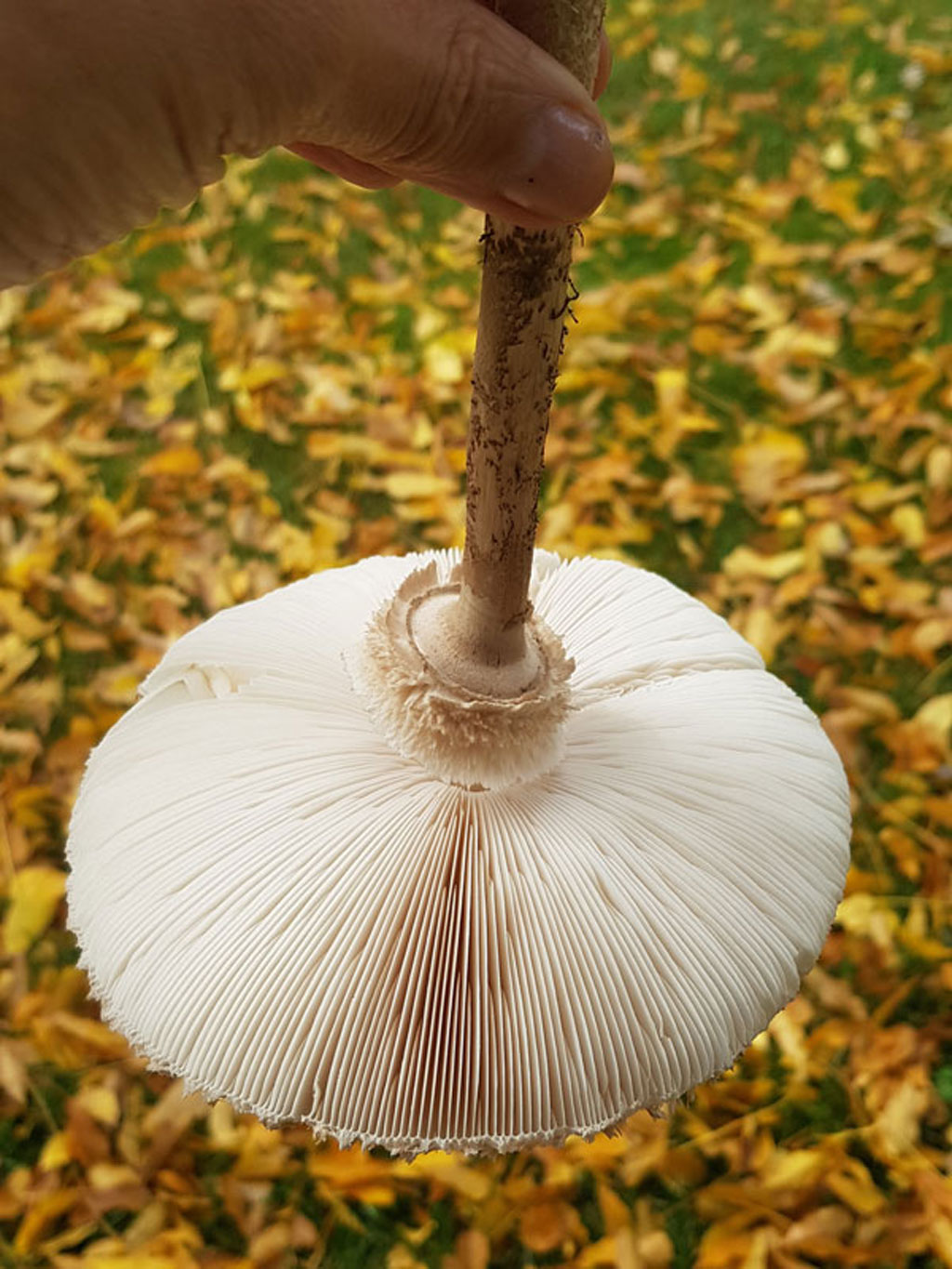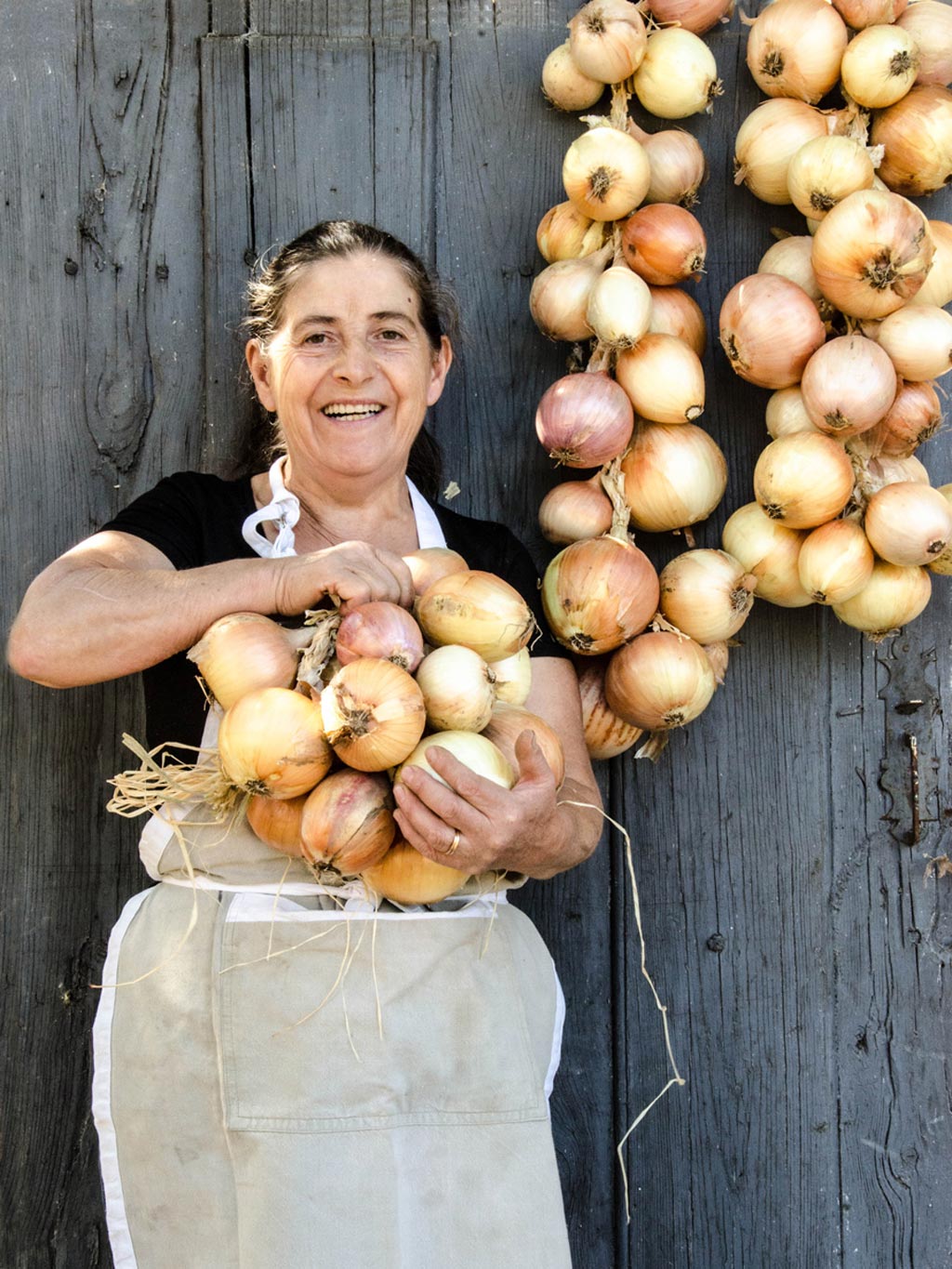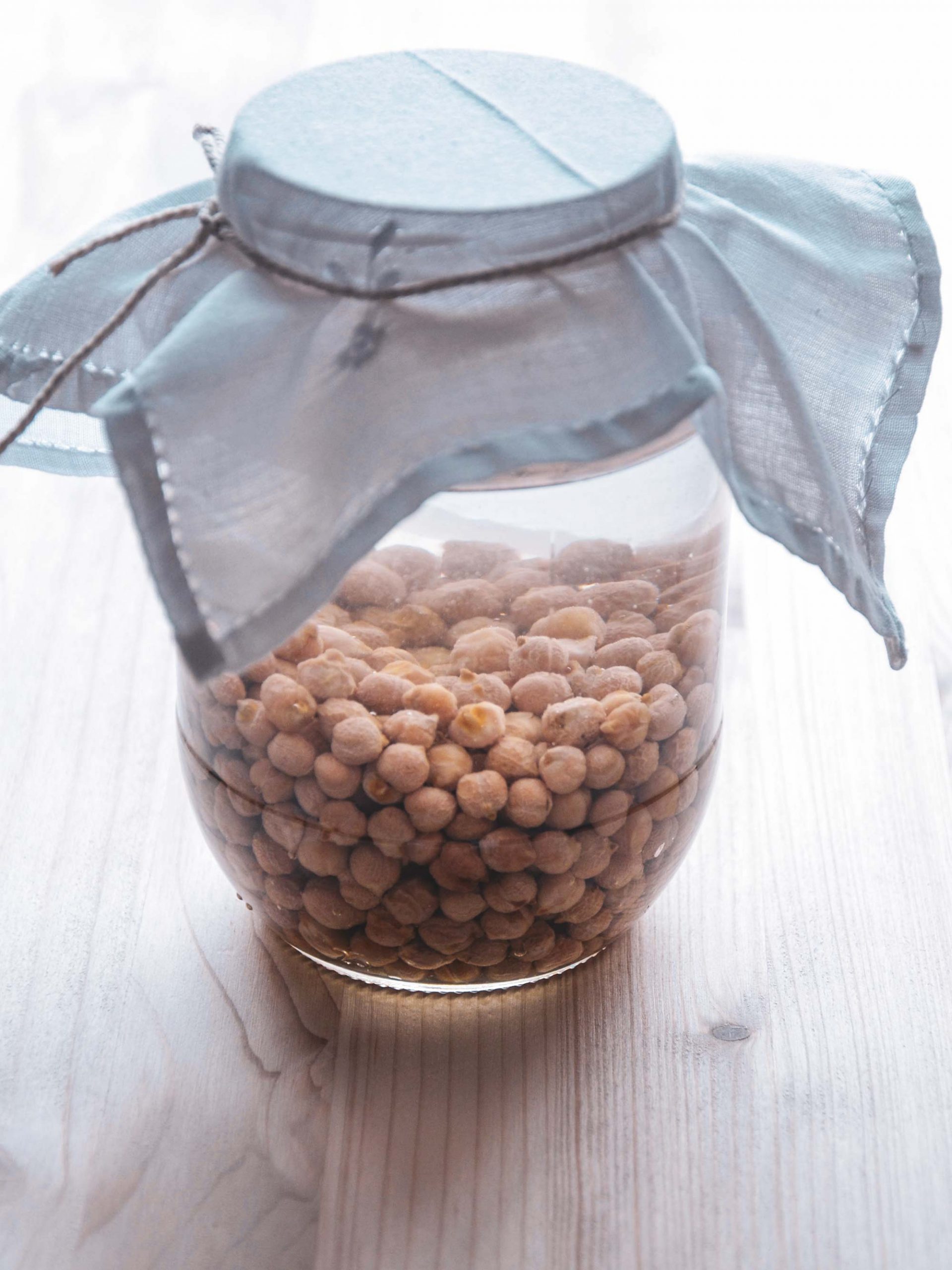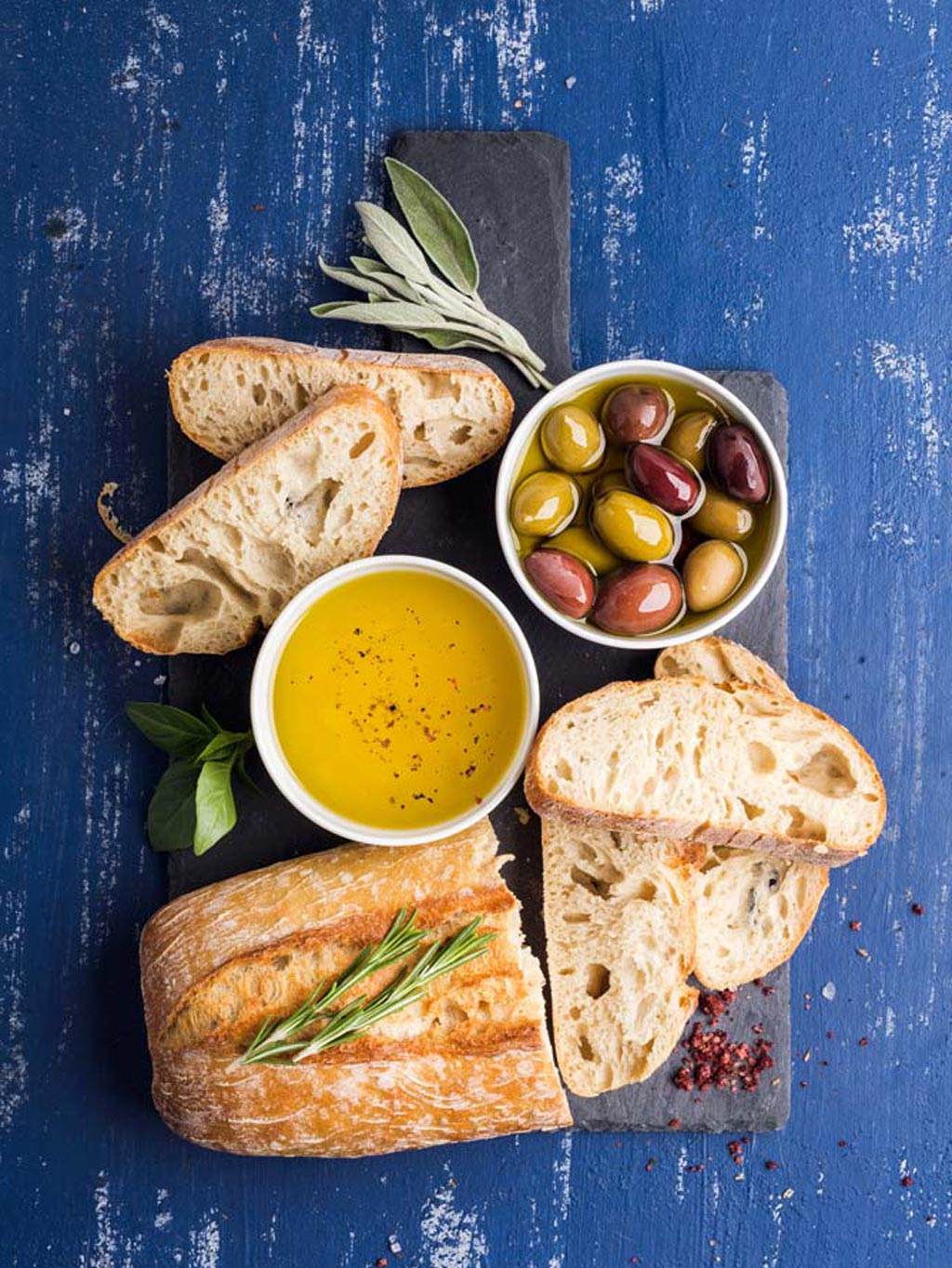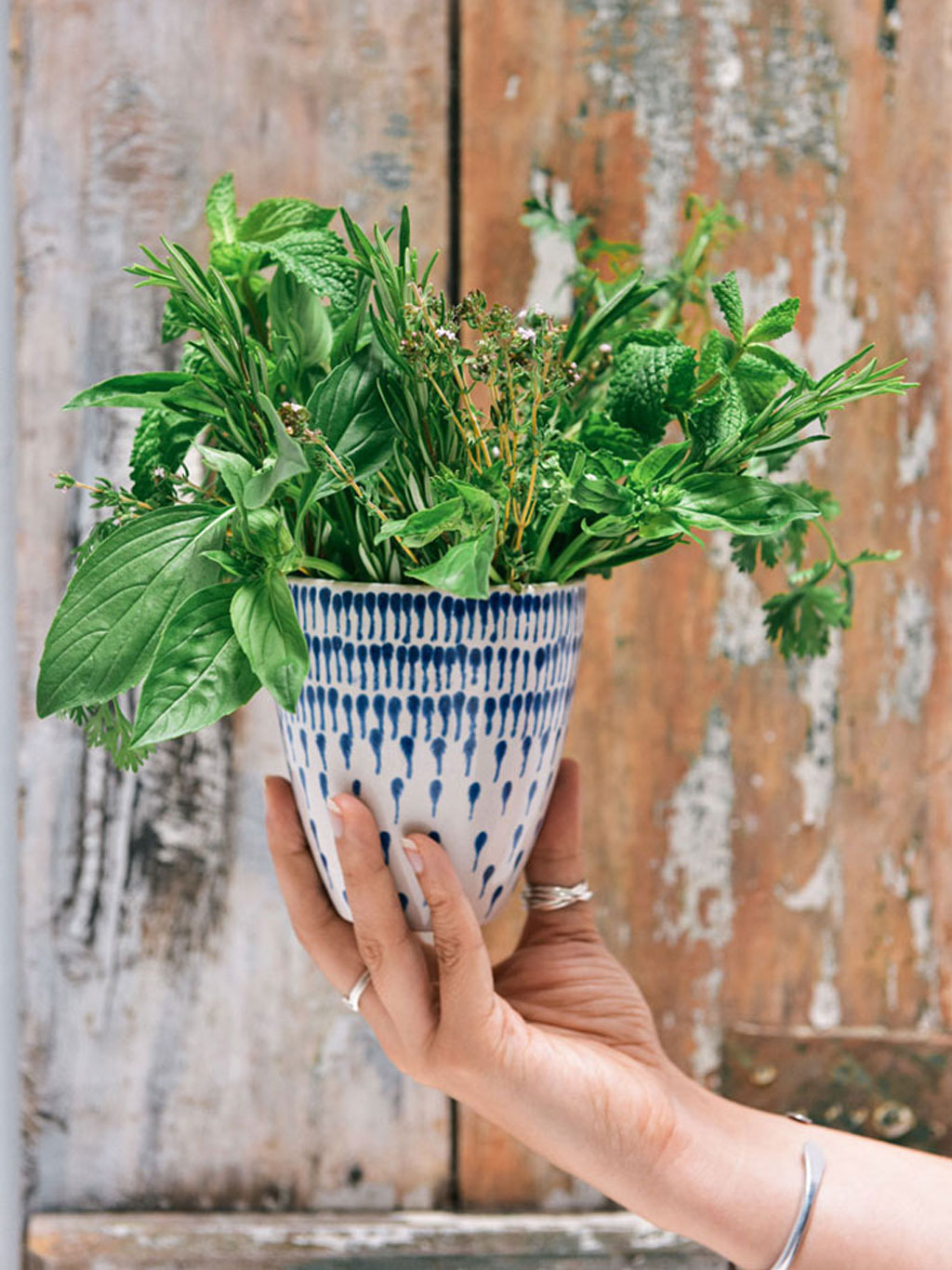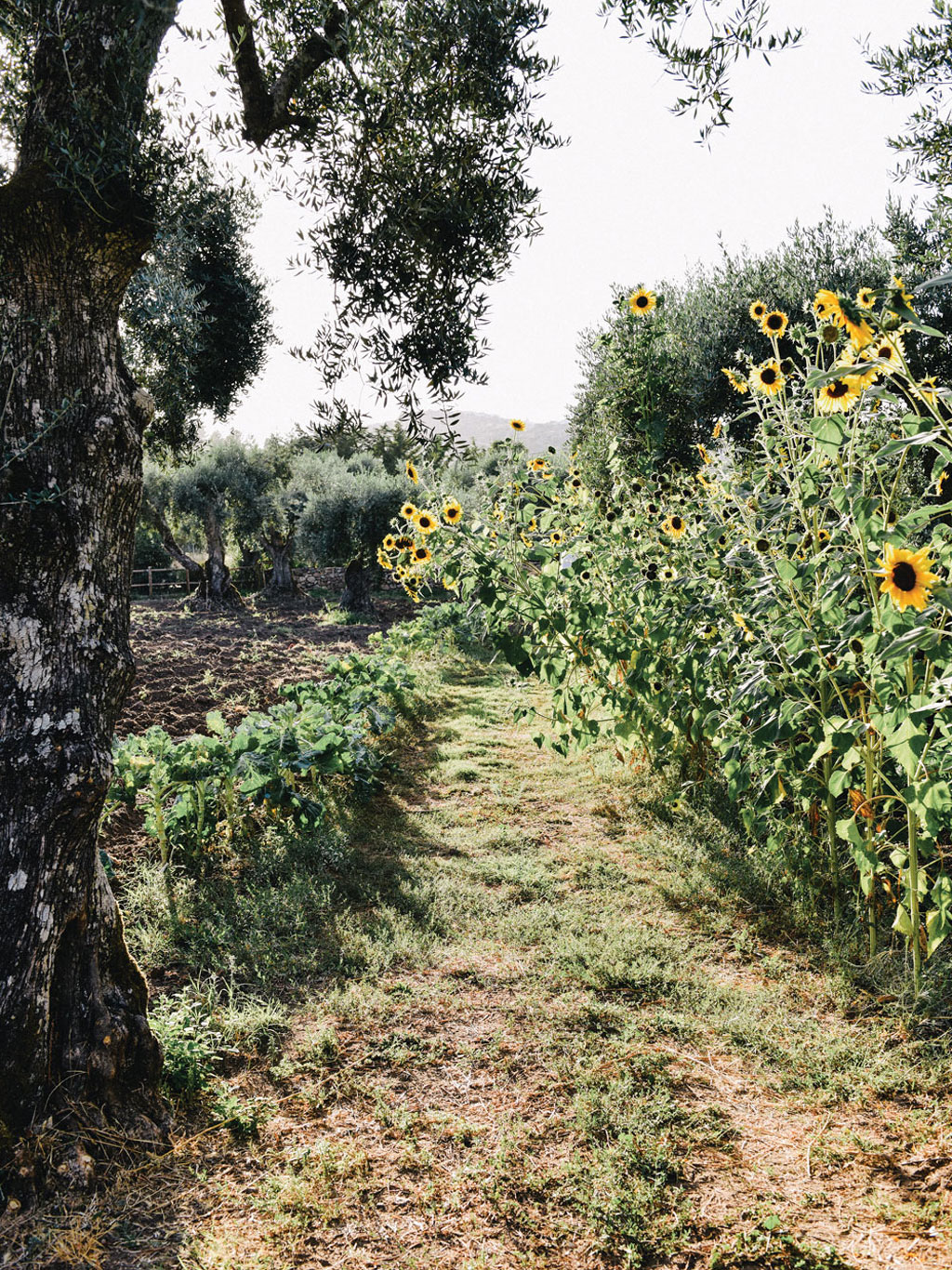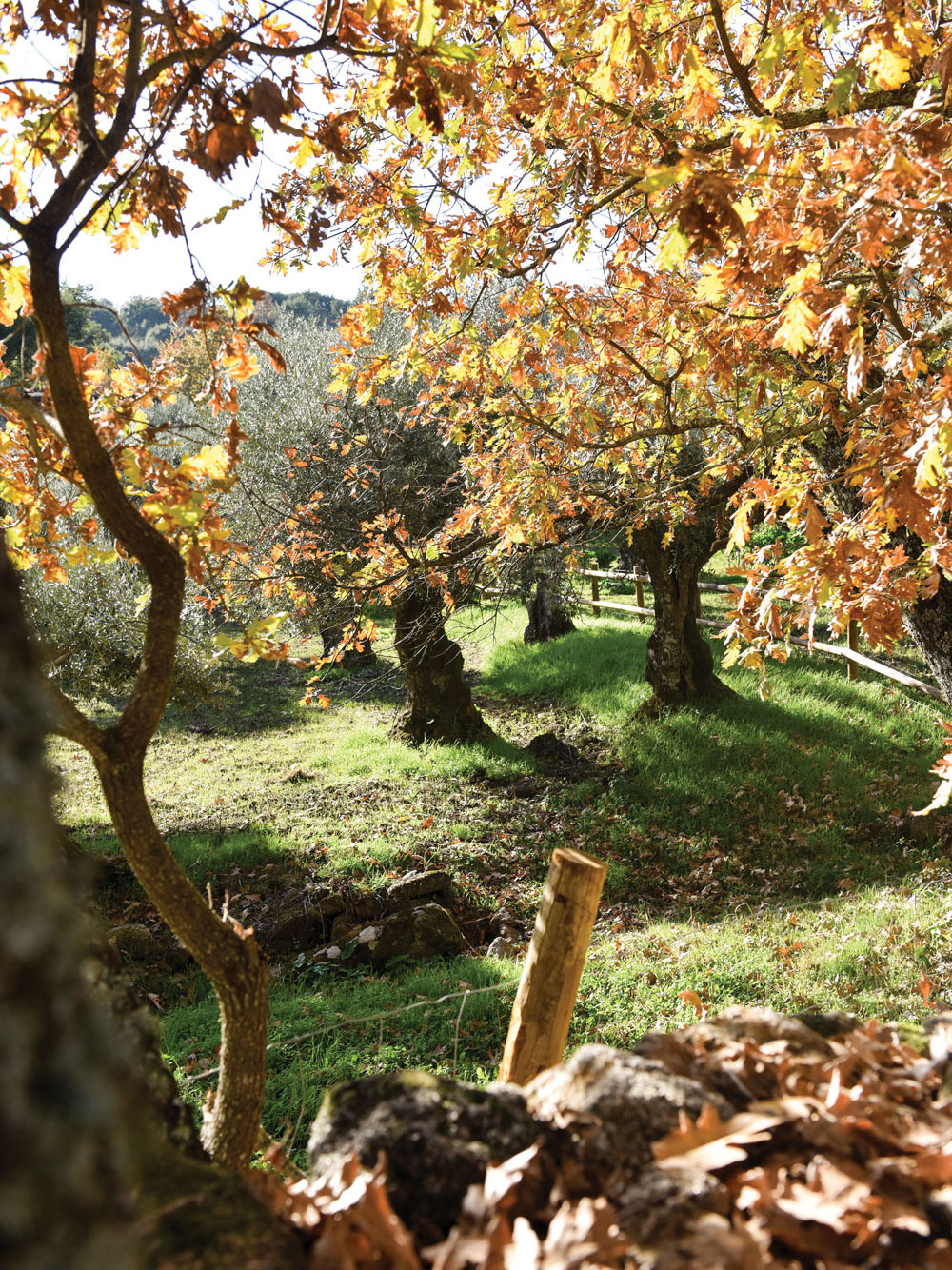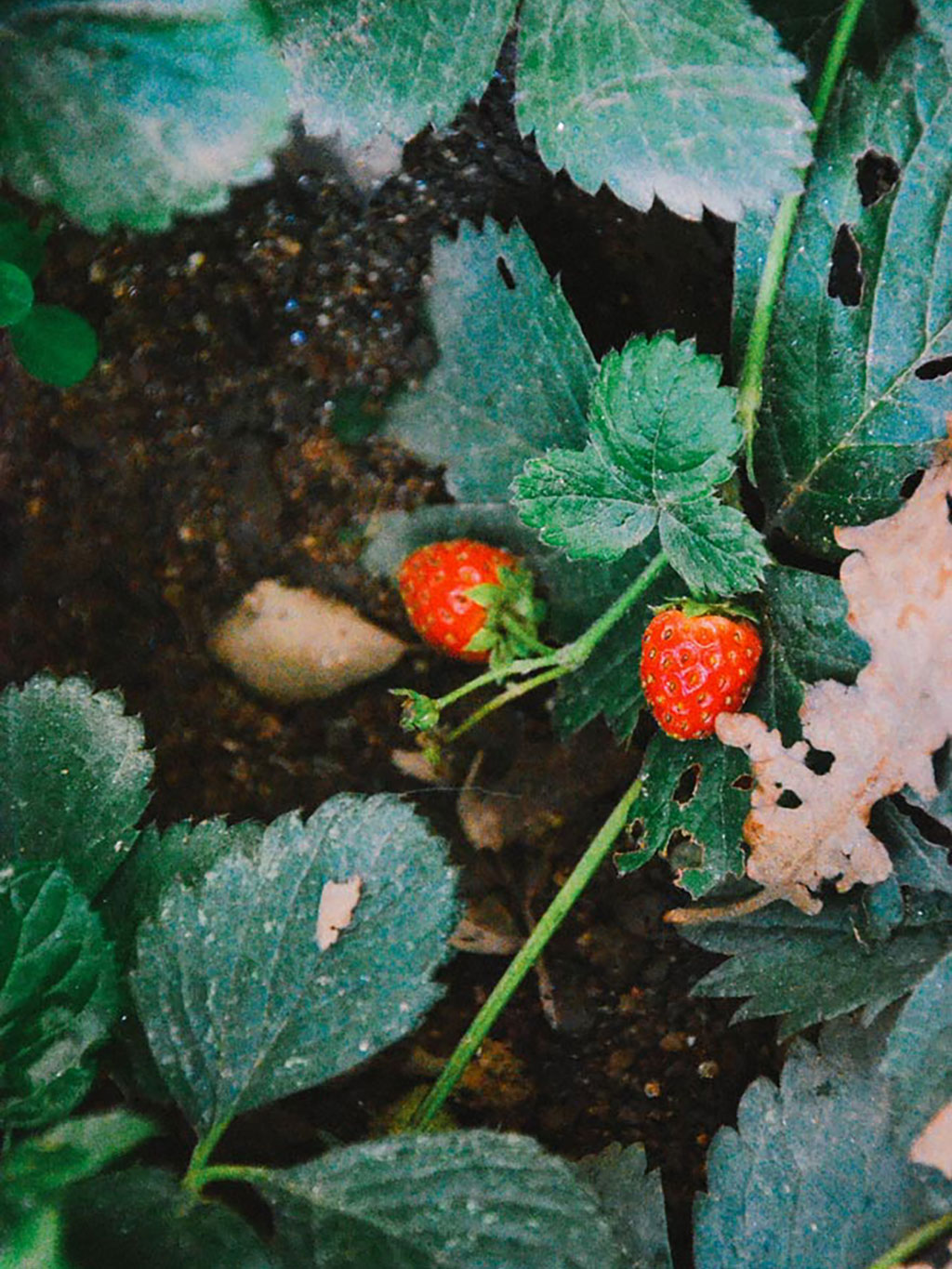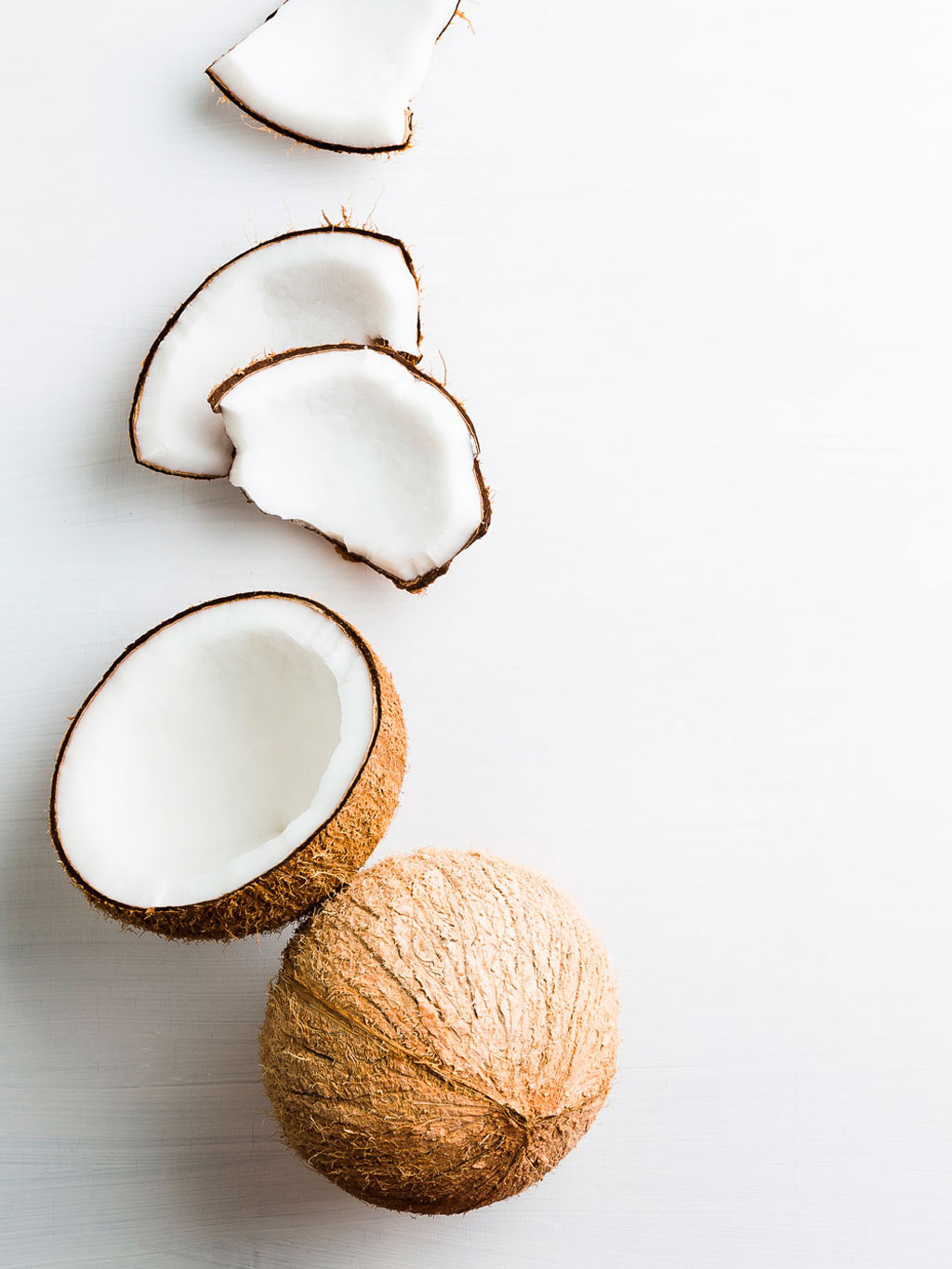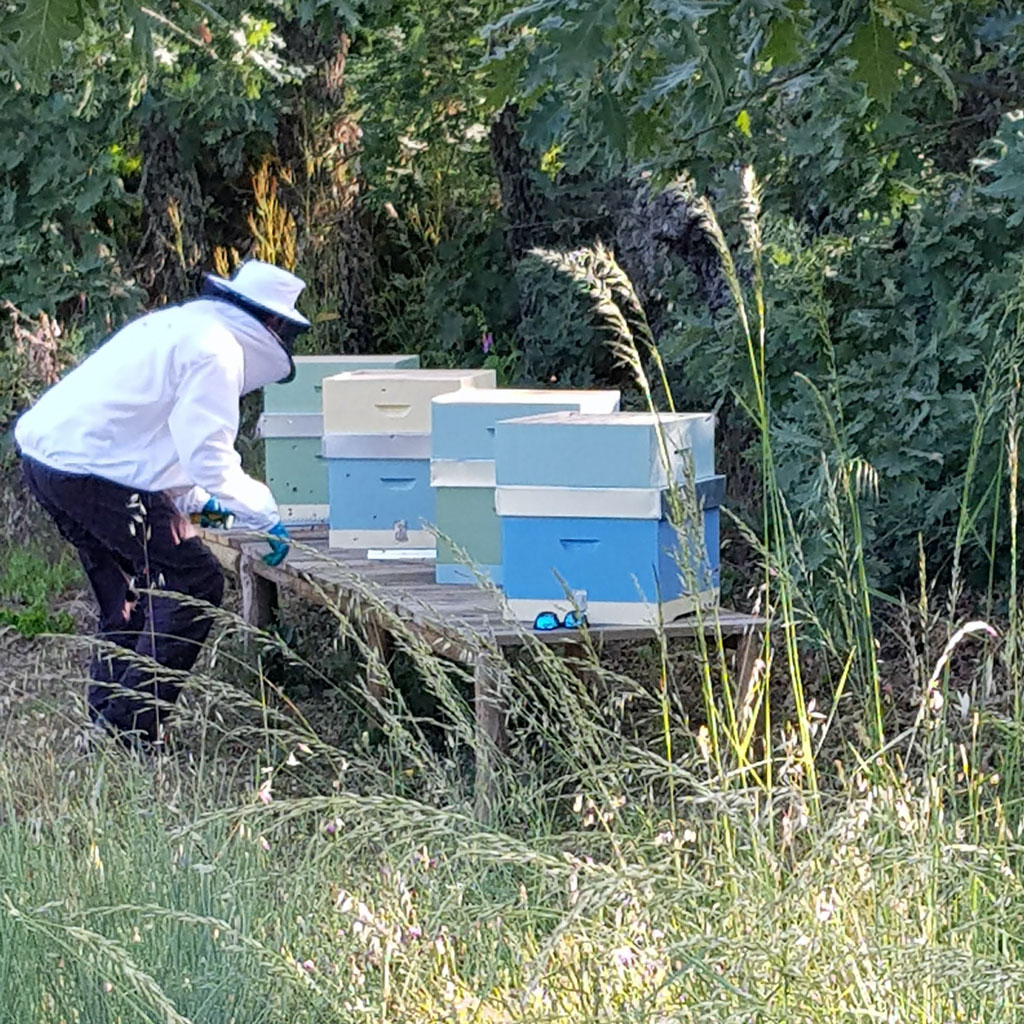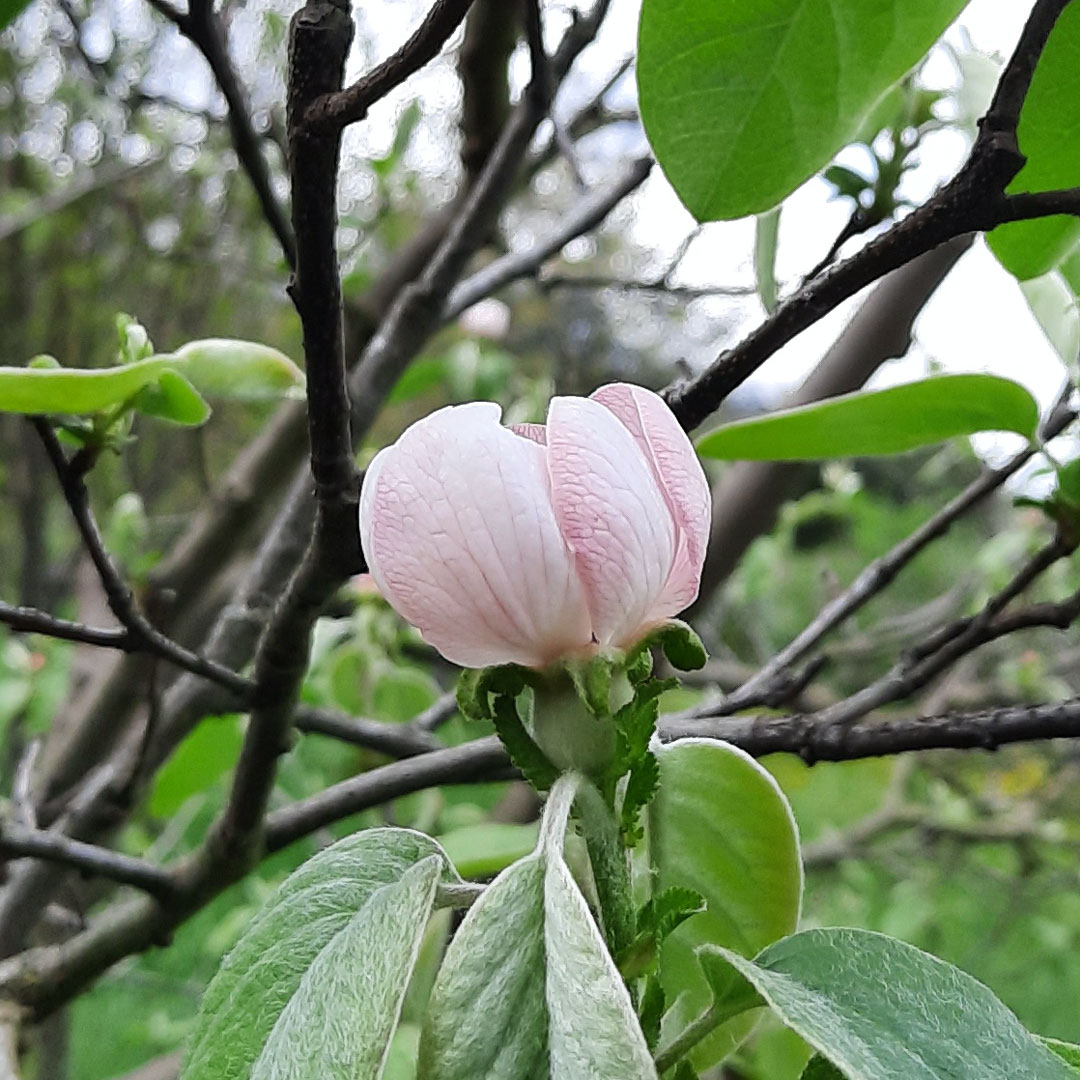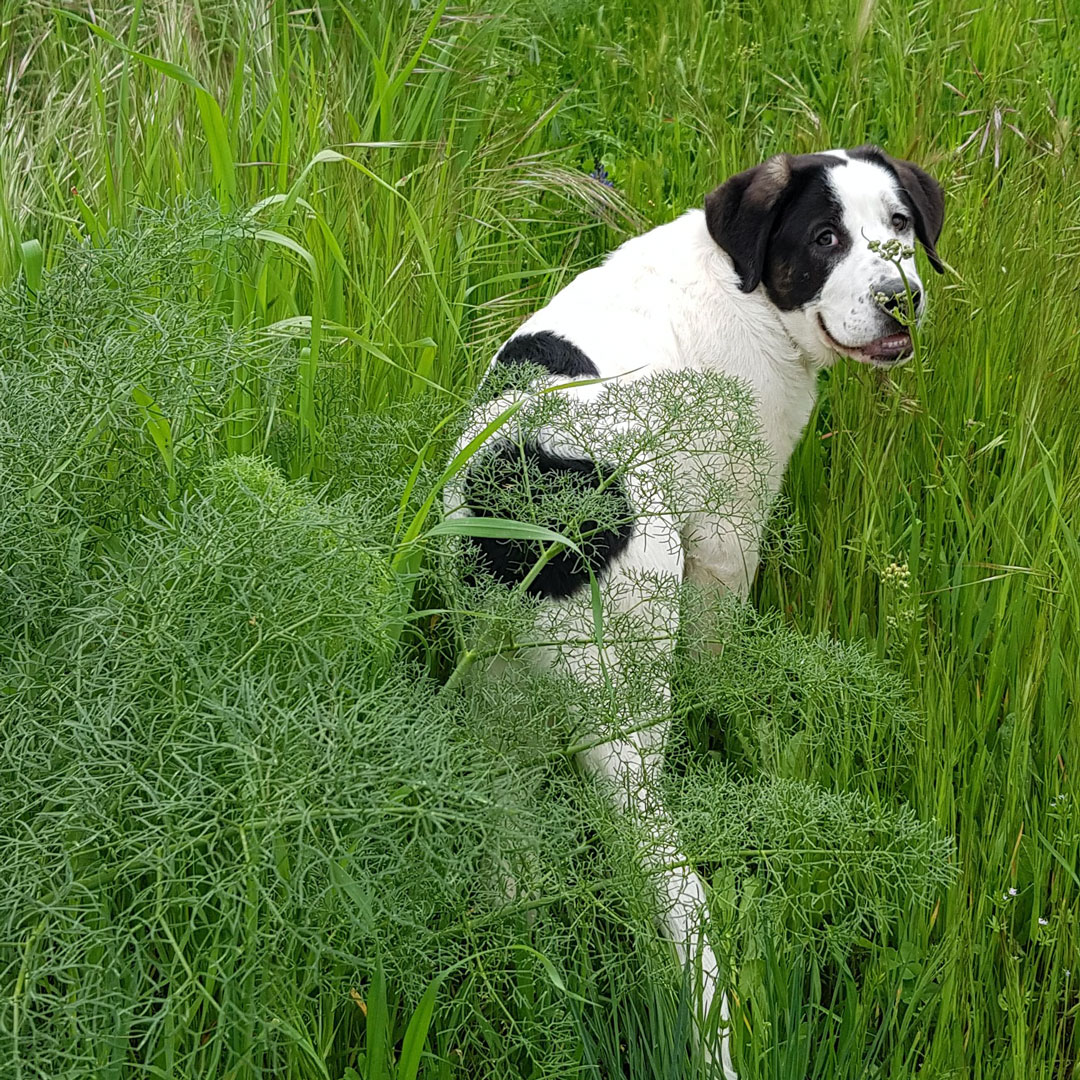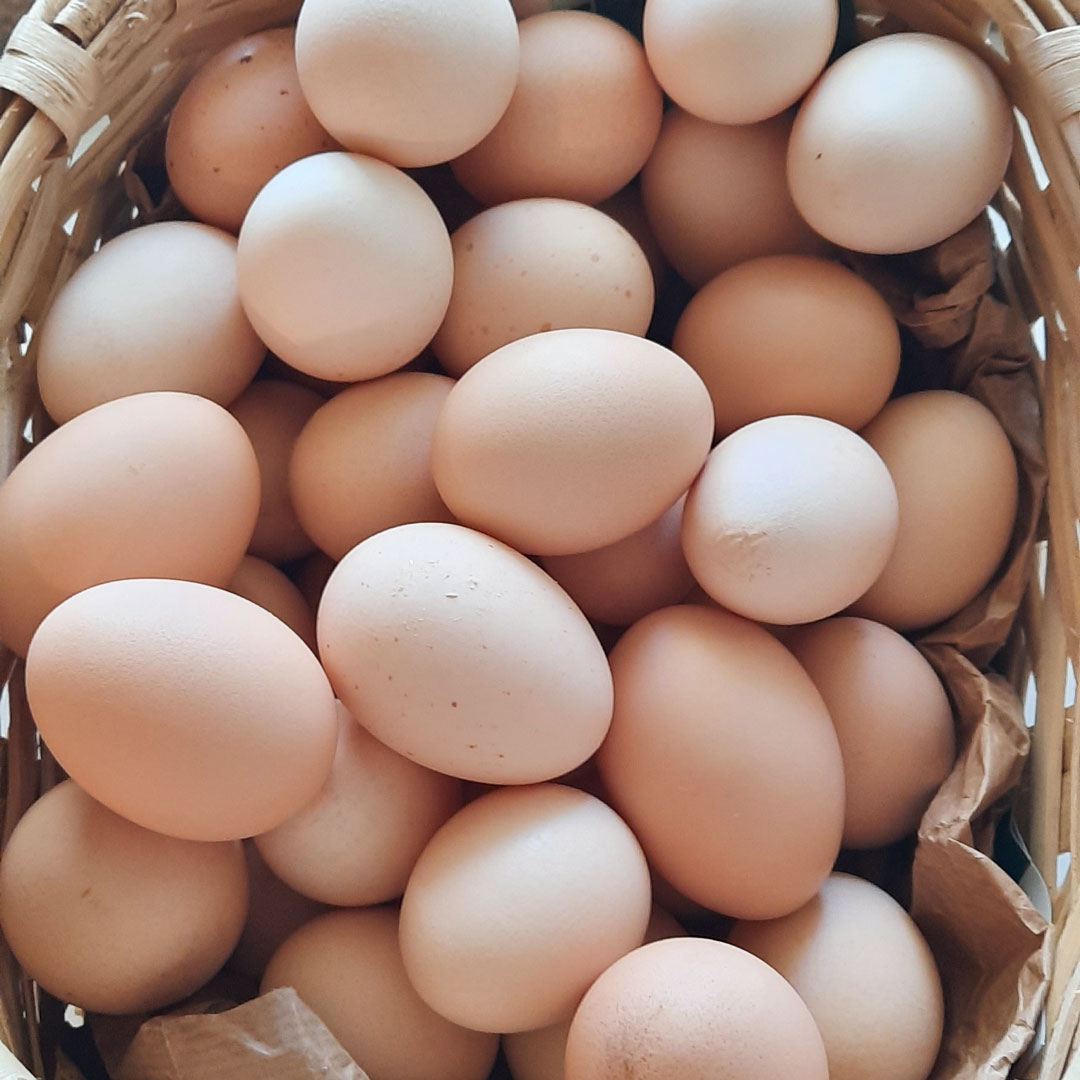Vegetable garden owners can and do keep the seeds of their favorite vegetables to sow the following year. These seeds are the product of the plants we looked after with so much care and come from the products of our labour. We know where they have come from and what they contain. Quite unbeatable!
Tomato
Extract the pulp from ripe tomatoes, the part that holds the seeds, onto a bowl and later onto kitchen absorbent paper or, better still, onto strips of dry, clean cloth which are ideal for storing. You can use the rest of the tomato for making tomato sauce, ketchup or even freeze to use later.
Let the seeds dry completely for a couple of weeks in a dry sheltered place. You can then store them in a paper envelope in a dry and cool place away from direct sunlight.
Aubergines and peppers
Remove the seeds from ripe aubergines and peppers and let them dry for 3 weeks in a cool and airy place. Store the seeds in paper envelopes.
Pumpkin, melon, cucumber and courgettes
Remove the seeds from ripe fruit, place on kitchen absorbent paper to dry and store in paper envelopes or in a tin.
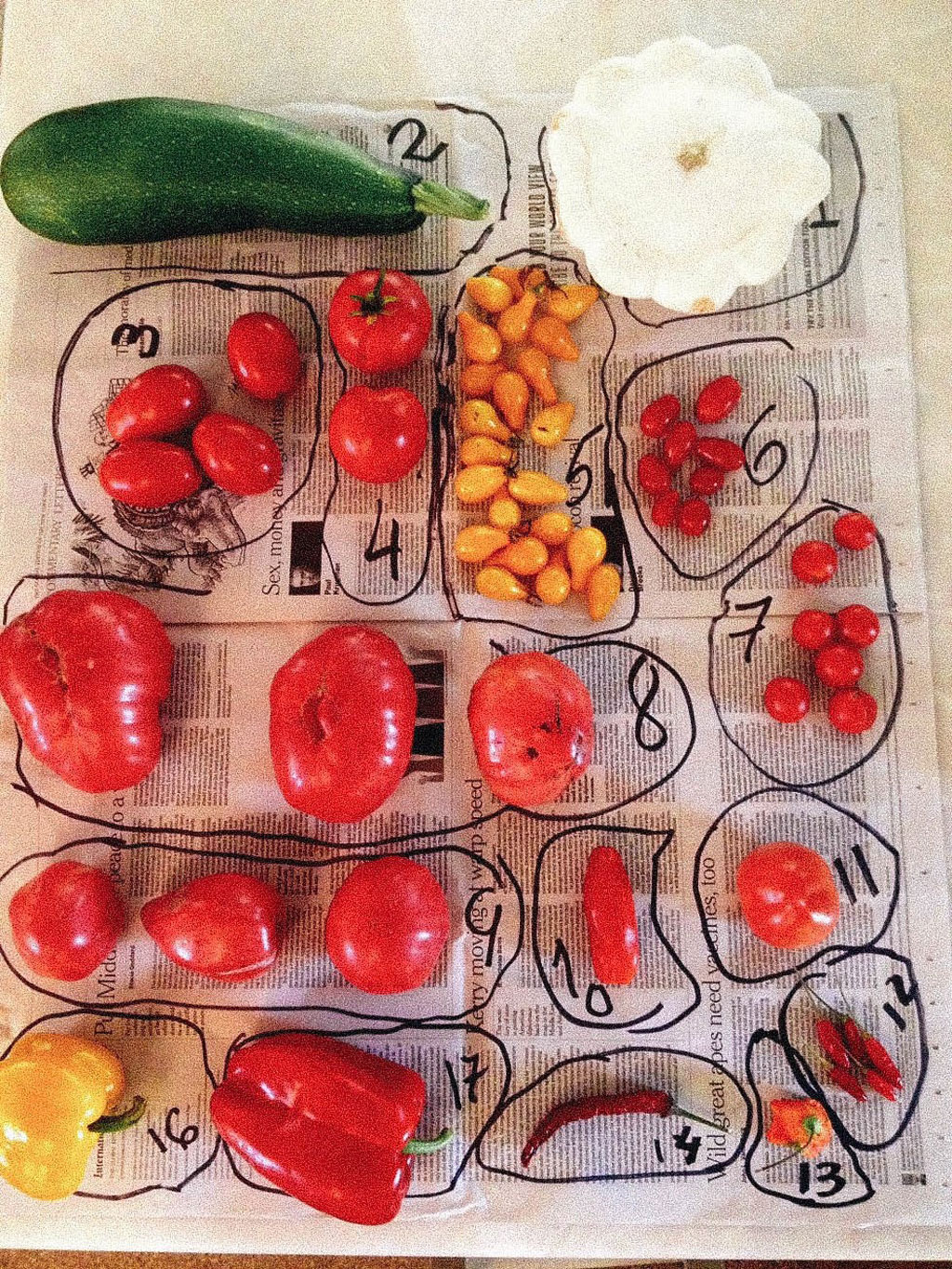
Beans, peas and broad beans
Allow the pods to dry, remove the seeds and keep in a dry and airy place.
Lettuce, leeks, coriander, basil, chives, cabbages, fennel, cloves and onion
Allow to flower and begin to dry, cut and place onto trays or wicker baskets in a sheltered place away from any drafts until totally dry. When ready, shake out the seeds onto plastic bags. You can store them in these in a dry and dark place.
Plants such as potatoes grow “eyes” and can be planted again to start a new crop.
The big secret for success is to ensure the seeds are totally dry and come from healthy, ripe fruit.

